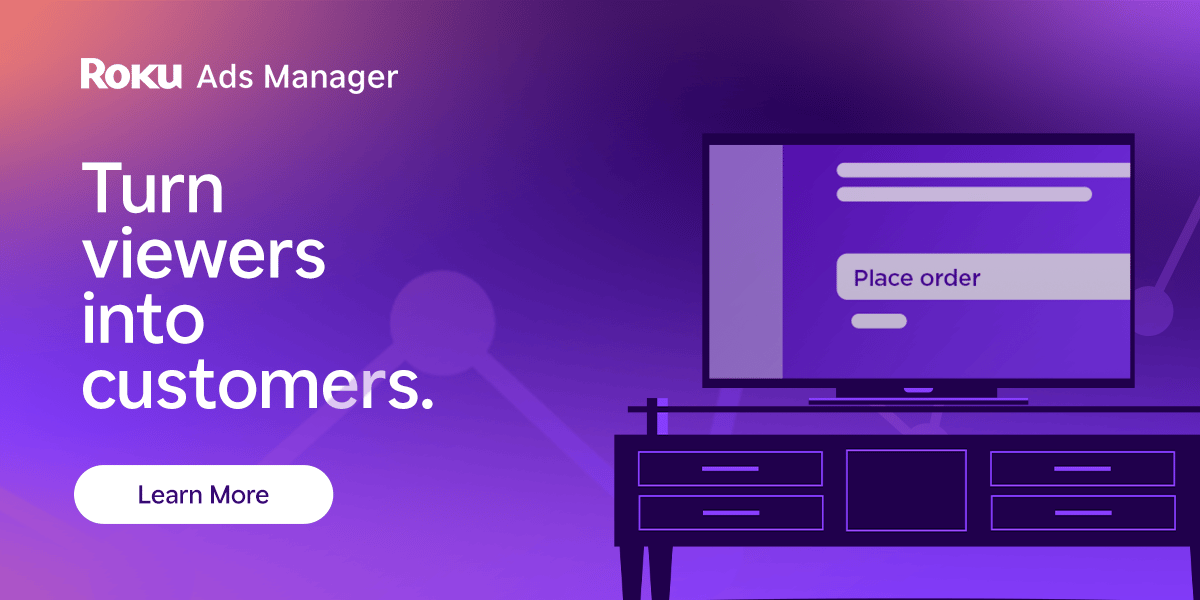Good morning, Riveters.
The balance of power in business is shifting—from companies to creators, from ads to trust. This week’s Rivet Report looks at how individuals are outpacing brands, what rising unemployment signals for founders planning 2026, and why AI’s next boom might depend on government-backed infrastructure.
Plus, one growth play that turns your happiest customers into your most powerful marketing channel.
Was this email forwarded to you? Subscribe here.
Want to catch up on previous issues? Read more here.
BUSINESS PULSE
Economy
The Chicago Federal Reserve Bank estimates that U.S. unemployment rose to about 4.4% in October, the highest level in four years.
What this means to you: A softening labor market raises the risk of slower consumer spending—founders should consider tightening cash flow forecasts and guardrails now, not later.
Source: Reuters
AI
OpenAI has formally asked the U.S. government to expand the Advanced Manufacturing Investment Credit to cover AI servers and data centers, highlighting how infrastructure and regulation are converging in the AI economy.
What this means to you: If you build or buy AI infrastructure, anticipate shifting incentives and regulatory impact. Budget for both opportunity (tax credits) and uncertainty (permits/delays).
Source: The Economic Times
Startups
In the week ending November 7, 2025, U.S. startups raised multiple high-value rounds. Metropolis secured $500 M at a $5 B valuation to scale AI-powered real-world payments and logistics.
What this means to you: Capital is still chasing frontier bets, especially fintech and AI hybrids. If you’re in that space, stay visible. If you’re outside it, tighten your unit economics because investor focus is narrowing.
Source: Tech Startups
CREATOR SHIFT
Are creators the new startups?

Here’s the uncomfortable truth: audiences trust people more than they trust companies.
That shift is rewriting how products get discovered, launched, and scaled. The creator economy is a structural change in how distribution works. Individuals now control demand the same way factories once controlled supply.
Creators aren’t waiting for brands to hire them. They’re building products, audiences, and businesses faster than most startups can raise a seed round. MrBeast turned a YouTube channel into a $200 million empire. Thousands of creators are quietly generating millions in sales through TikTok Shop, often without spending a cent on traditional ads.
This raises a bigger question: if trust and reach now live with individuals, what’s left for the brand?
For founders, the playbook is changing. Partnering with creators isn’t about “influencer marketing.” It’s about co-building distribution, finding the people your customers already follow, learn from, and buy from, then creating something together that actually solves a problem.
Consumer brands are using creators to test ideas and validate demand before production. B2B startups are teaming up with operator-creators who teach and build in public—to break through credibility walls that no banner ad could ever touch.
The line between company and creator is fading. And that’s not bad news—it’s opportunity.
In a world where people are the platform, growth belongs to those who collaborate with them, not compete against them. So, if you’re a founder or marketer, ask should customers trust your logo more than they trust another human who talks about the same thing every day?
Creators have an unfair advantage. They’re small, fast, and believable. They know how to tell stories that convert, because they live in the comments. They see what resonates in real time. No focus group required.
And yet, most businesses still treat creators like ad placements, not partners. That’s a mistake. The smartest founders are flipping the script—co-developing products, sharing equity, and building long-term partnerships instead of one-off campaigns.
Here’s how it looks in practice:
Consumer brands use creators to validate and sell products before a single ad dollar is spent.
Startups work with practitioners who build credibility in their niche to teach, not pitch.
Founders build their own audience that can compound faster than any paid campaign.
The result? A more human, measurable, and defensible way to grow.
The takeaway isn’t to chase the latest platform. It’s to realize attention is now fragmented across millions of trusted micro-networks—and they don’t belong to you.
You can either buy access to them for a moment or build with them for the long run.
The first is marketing. The second is strategy.
RIVET RECOMMENDS
TOGETHER WITH MORNING BREW
Shoppers are adding to cart for the holidays
Over the next year, Roku predicts that 100% of the streaming audience will see ads. For growth marketers in 2026, CTV will remain an important “safe space” as AI creates widespread disruption in the search and social channels. Plus, easier access to self-serve CTV ad buying tools and targeting options will lead to a surge in locally-targeted streaming campaigns.
Read our guide to find out why growth marketers should make sure CTV is part of their 2026 media mix.
GROWTH PLAY OF THE WEEK
Turn your best customers in a growth engine.
Your next 100 customers are already hiding inside your first 10. Instead of chasing new leads with more ads, double down on the people who already trust you. Build a referral loop that rewards them for sharing, whether that’s a discount, exclusive access, or even co-creation opportunities.
Founders often overcomplicate this, but the math is simple: a 10% referral rate can cut CAC by half. It’s not about launching a fancy program; it’s about creating a story worth spreading. Ask yourself: what’s the most natural reason your happiest customers would tell a friend right now?



